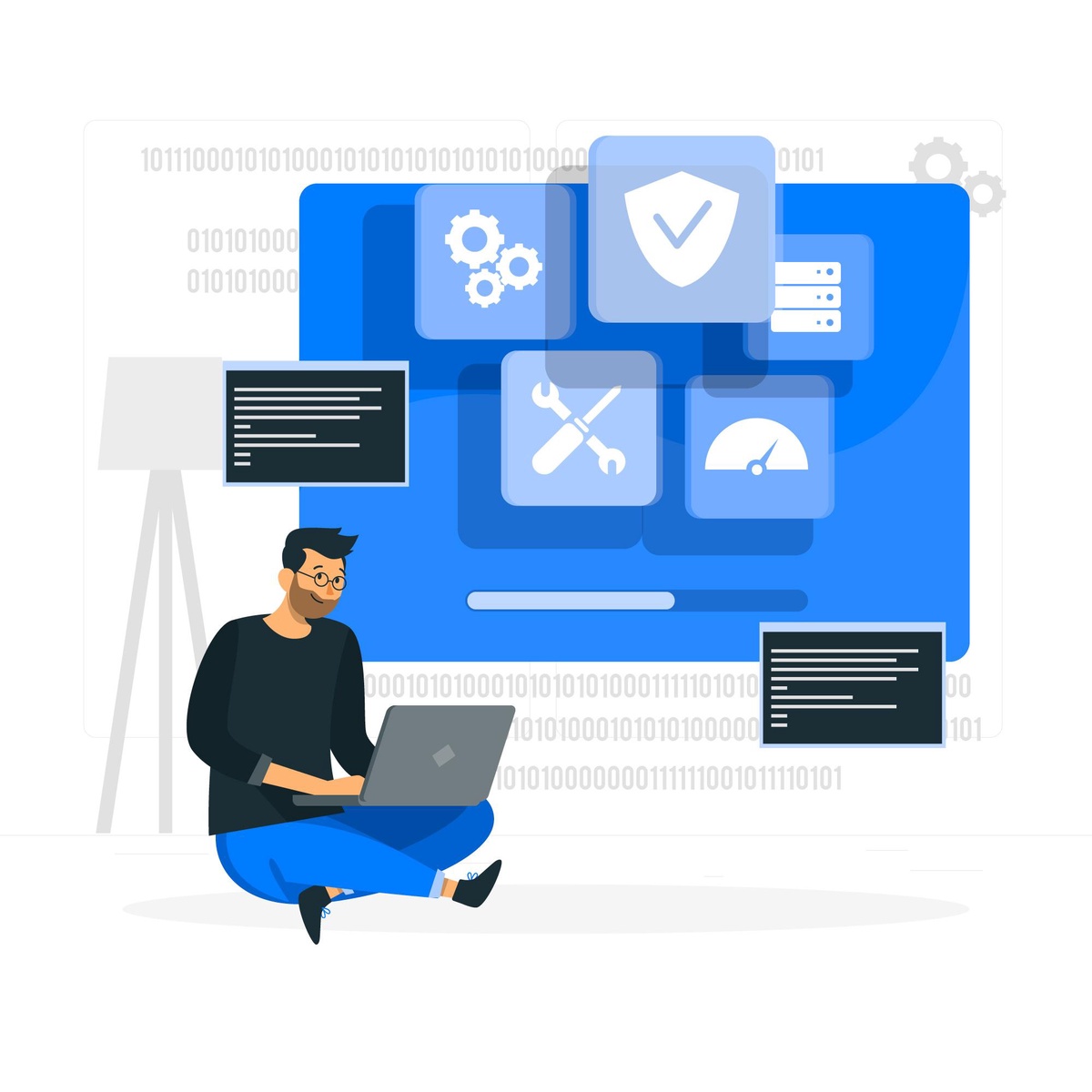Over the past decades, Technology has made a significant impact on various industries and our lives. There are various devices that we interact with on a daily basis, all are connected to softwares. We may state that the use of software has enabled us to perform a variety of jobs.
In industries, Software products have been doing a tremendous job and have continued to see considerable success. Overall, softwares has been a core element where stakeholders can make informed decisions when selecting software solutions for their individual or organizational requirements. In this article, we will understand the difference between open-source software and proprietary software and the approach with advantages and drawbacks, and the choice between them often depends on specific needs and preferences as per industries and our daily lives.
What is Open Source Software?
Open source software (OSS) is licensed under conditions that permit any user to modify, share, access, and alter the program's source code. This implies that the software application is free to use for people of all backgrounds. Thus, it can be said that software advances gradually over time. However, the development process of software can take many forms, which may result in various aspects of it undergoing radical transformations as time passes.
Open-source software allows us to connect and change the source code despite licensing being restricted.
The Open-Source software does not imply any restriction on its availability. Anyone can access it and view its source code.
Features of the Open Source Software
Access to Source Code: This is one of the best features, where the source code is openly accessible. This means anyone can change the source code and modify it.
Licensing: the license comes under open source, which provides some terms and conditions for modifying the software. Here are a few licenses used: GNU General Public License (GPL), MIT License, and Apache License.
Collaborative Development: The open source code encourages collaboration and makes contributions with experts around the region to help each other and make innovations.
Transparency: As open source is free for every, it provides more transparency than propriety. This transparency can build trust among the users.
Community-Driven: The open-source community allows to aspect fosters a sense of ownership and collective responsibility for the development and maintenance of software.
What is Proprietary Software?
Proprietary software is different from open source software, it is made just by the developer and authorized users in mind. Proprietary software has restricted access, in contrast to open-source software. It is exclusive to people who either own it or contribute to its creation.
The use of the code in proprietary is restricted due to its copyright and closed nature. In contrast to open-source, proprietary software is typically closed-source or commercial, in contrast to open-source software. It is crucial to remember that this program is only meant for usage by a limited group of people who have paid for the right to use it, not by the general public. These people are the exclusive proprietors of the source code.
Features of the Proprietary Software
Closed Source: The source code is kept private, not for the public, with only the compiled or executable version being distributed.
Ownership: A specific individual, organization, or company owns proprietary software. They have full control over the software and its development.
Copyright Protection: It is completely protected by copyright; this allows the owner to prevent others from copying or distributing it without permission.
License Restrictions: You must agree to these rules and restrictions before using this software. This license helps you in keeping it safe from restrictions on copying.
Closed Ecosystem: It works within the ecosystem, which makes it easy to integrate with other software and easy to handle.
Limited Customization: The end users will find limited access, which will restrict them from modifying the software when they want to.
Which is Better Open Source vs. Proprietary Software?
Understanding the debts between open source vs. proprietary software, where both sides are used for software development. Both are tough at times because they each have pros and cons of their own. Open source software is transprentive, collaborative software and is often cost-saving. As proprietary software holds one company, which means a company can only control and provide users wants., there will be limited customization.
However, choosing one among these two depends on your project needs and your end goals. Still, if you find it difficult to choose, then connect to the best software consulting services company to help you make decisions better based on your unique requirements.


No comments yet